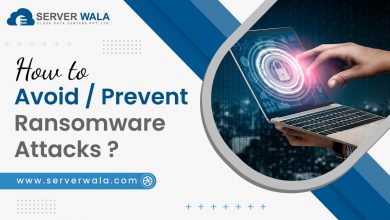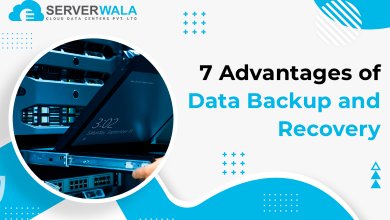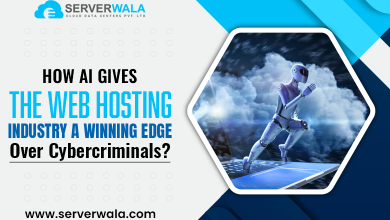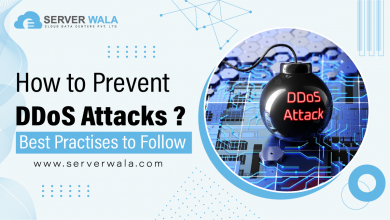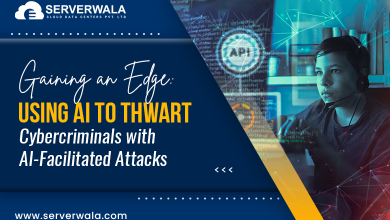What is Cybersecurity? Definition, Threats, Best Practices
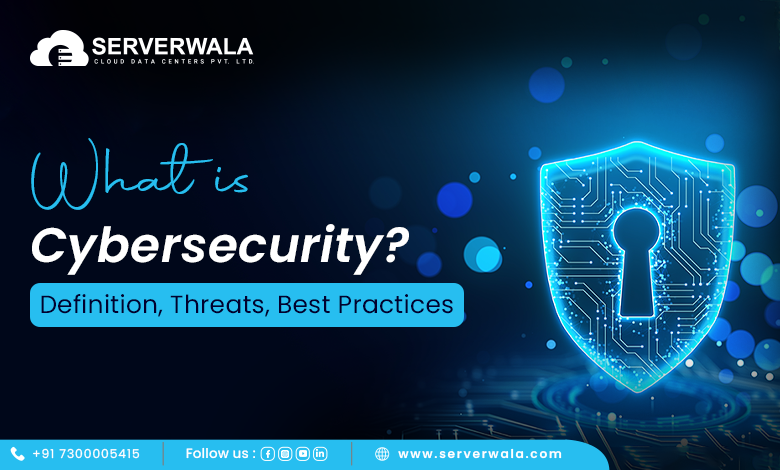
Introduction
In the existing digital arena, cyber security is more significant than ever. We rely on technology for almost everything—business, banking, communication, and entertainment. With this reliance, the risks of cybersecurity threats are growing daily. Hackers target personal data, businesses, and even government systems. From small-scale breaches to massive cyber security attacks, no one is immune.
This blog will let you apprehend cybersecurity better. You’ll learn what cybersecurity really means, why it’s vital, and the most common threats to watch for. We’ll also share seven effective methods to secure yourself from these progressive risks. By the end, you’ll be equipped with key practices to enhance the security for computers and keep your data safe. Whether you’re an individual or business, this guide will give you the essential knowledge to strengthen your defenses.
Cybersecurity definition
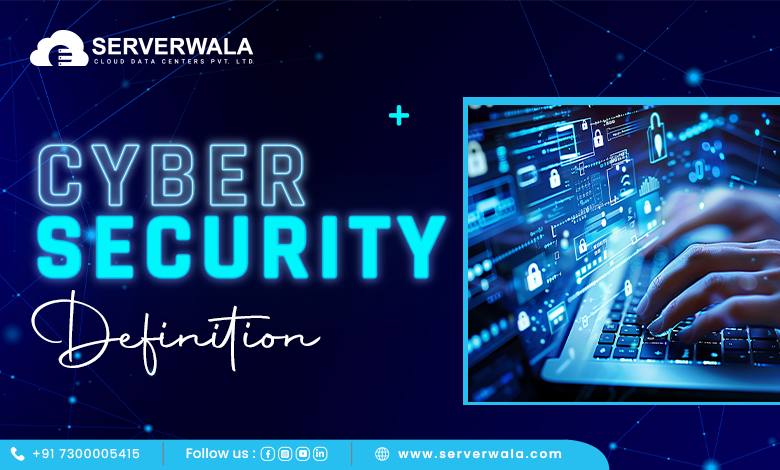
Cybersecurity is the practice of securing digital systems, data, and networks from non-legitimate accessibility, or destructibility. It involves securing all aspects of digital infrastructure. With the constant rise of cybersecurity threats, it’s essential to have protective measures in place to prevent cybersecurity attacks such as malware, phishing, and ransomware.
At its core, cybersecurity is about maintaining the security for computers and networked devices. This protection includes:
- Defending against breaches of data.
- Preventing misuse, manipulation, or theft of sensitive data.
- Safeguarding mobiles, networks, and cloud platforms.
Many of the best cyber security companies offer comprehensive solutions, which range from monitoring for potential vulnerabilities to implementing security protocols that protect against evolving threats. These companies often provide services like threat detection, incident response, and ongoing system updates to ensure maximum protection.
Why is cybersecurity important?
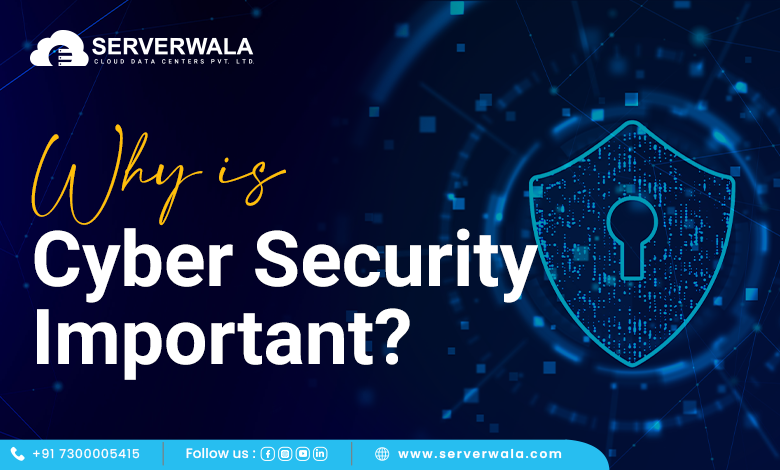
In today’s world, where everything is interconnected digitally, cyber security has become essential for both individuals and businesses. An individual security breach can possess damaging effects. It can cause the loss of confidential data, financial destruction, and loss of customer confidence. Personal information, business assets, and intellectual property can all be compromised in a cyber security attack.
Here’s why cybersecurity is critical:
- Data Protection: Ensures that sensitive data, including personal information and financial records, is kept safe from hackers.
- Business Continuity: Effective cybersecurity keeps systems operational and prevents downtime, which can lead to huge losses for businesses.
- Reputation Management: A security breach has the capacity to considerably destroy a company’s reputation. Robust cyber security helps avoid this by preventing cybersecurity threats.
- Legal Compliance: Many industries are needed by law to protect their data and networks, making security for computers a legal necessity.
- Increasing Threats: The rise in cyber security attacks, like phishing, ransomware, and DDoS, means that no one is completely safe without taking proper precautions.
Common Cyber Threats Types
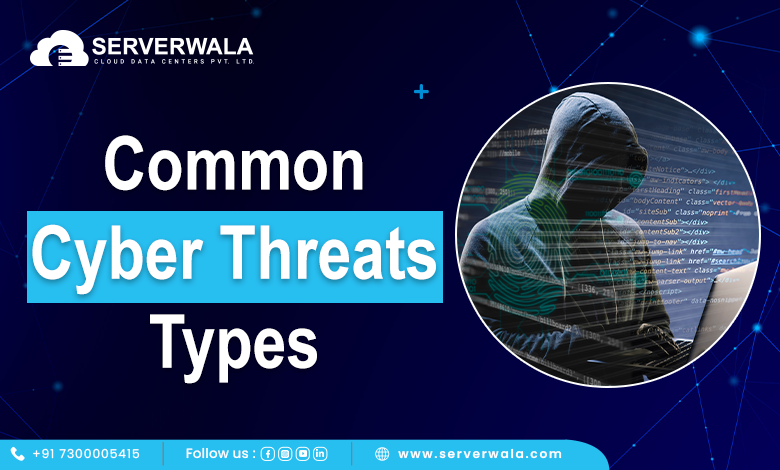
1. Phishing Attacks
Phishing is the most prevalent cybersecurity threat. Scammers send fraudulent emails, pretending to be actual organizations. These emails trick entities into revealing confidential data. They usually incorporate links to fake websites that appear real, but once you enter your data, it’s stolen. Best cyber security companies recommend regular training to help employees identify phishing attempts.
2. Ransomware
Ransomware refers to malicious software that infects a system, encrypting data and making it unavailable. The attacker demands a ransom payment, generally in cryptocurrency, to give back access to data. This type of cyber security attack can cripple businesses, leading to loss of operations and significant financial damage. Even after giving money to the ransom, there is no assurance the data will be revived. Protecting against ransomware requires regular data backups and advanced cybersecurity measures.
3. Malware
Malware, an acronym for malicious software, contains worms, viruses, trojans, and spyware. It is designed to infiltrate systems and cause damage. Malware can discard files, take away confidential details, or spy on users. It spreads through infected websites, email attachments, or software downloads. Ensuring the security for computers involves using strong antivirus software and keeping systems updated to defend against malware.
4. DDoS (Distributed Denial of Service) Attacks
In a DDoS attack, hackers burden a website or network by bombarding it with traffic from several sources. This way, the system slows down or gets destroyed and becomes unavailable to legitimate users. These attacks can affect business functioning for hours or even days. Companies must implement cyber security solutions like firewalls and load balancers to mitigate DDoS threats.
5. Man-in-the-Middle Attacks
In these attacks, hackers interrupt the communication between two systems. They can steal data, eavesdrop on conversations, or inject malicious code. This kind of cybers security breach often occurs on unsecured public Wi-Fi networks. Using encryption protocols like HTTPS and VPNs is vital to secure data in the situation of transmission.
6. Insider Threats
Insider threats are unique because they come from within the institution. Employees, contractors, or reliable individuals misuse their access to confidential data or systems. These threats can be conscious or accidental. Insider threats are difficult to detect, which makes them a growing concern for businesses. The best cyber security companies recommend access controls, user monitoring, and employee training to prevent these issues.
7. SQL Injection
SQL injection is a kind of cybersecurity threat that targets web applications with vulnerable code. Attackers exploit weaknesses in the database of a website by inserting affected SQL code. This permits them to access, alter, or delete data without authorization. Security for computer systems must include regular code audits and security patches to prevent SQL injection attacks.
7 Cybersecurity Methods To Protect Yourself
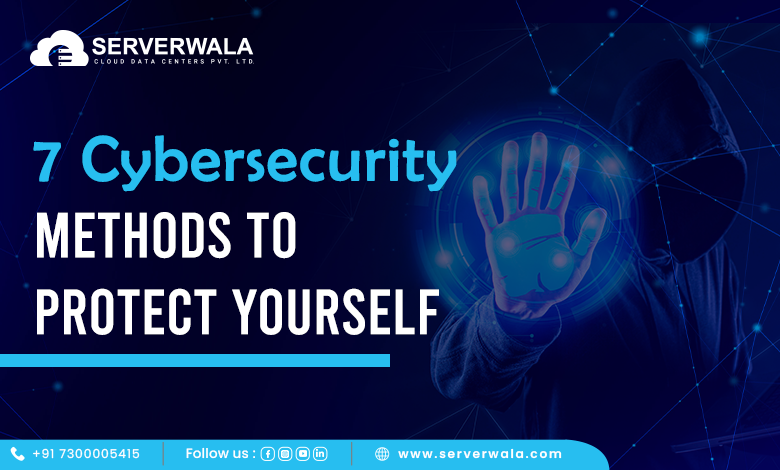
- Use Strong Passwords
Constructing complex and distinct passwords is the most basic as well as efficient cyber security measures. Avoid employing readily guessable data like birthdays or simple sequences. Password managers can help safely keep and construct complicated passwords.- Don’t reuse passwords across multiple accounts.
- Change passwords regularly, especially after a suspected breach.
- Enable Two-Factor Authentication (2FA)
Two-factor authentication appends an additional level of cyber security by needing an additional verification step after entering your password. Even if a hacker takes up your password, they can not enter your a/c without the 2nd factor.- Use 2FA on all critical accounts, such as email and banking.
- Consider biometric choices like fingerprint or facial recognition for intensified cyber protection.
- Install Antivirus Software
Dependable antivirus software is critical for fighting against cybersecurity threats. It actively scans your system, detects harmful software, and helps remove it. Many of the best cyber security companies provide antivirus solutions that offer real-time protection and regular updates to combat evolving cyber security attacks.- Schedule regular scans to ensure all threats are identified.
- Keep the antivirus software updated to ensure maximum protection.
- Regular Software Updates
Outdated software often has security susceptibilities that hackers are able to exploit. Routinely updating your OS, applications, and antivirus software helps close these gaps. Many cybersecurity threats target known vulnerabilities in older versions of software.- Permit automatic updates wherever possible to avoid missing critical patches.
- Don’t delay installing updates—this is vital for both private as well as business cyber security.
- Be Aware of Phishing
Be cautious when acquiring unsolicited emails, specifically those demanding for personal information or directing you to unfamiliar links. Confirm the source before you click or download attachments.- Watch for signs of phishing, like bad grammar or unknown email addresses.
- Never render private information in reply to an unsolicited email.
- Encrypt Your Data
Data encryption converts your information into unreadable code, guaranteeing that even if it’s intercepted, it stays secure. This is especially significant for confidential data such as financial details or private identification information. Encryption tools are often built into many operating systems, and the best cybersecurity companies offer additional encryption solutions.- Use encryption for both data at rest (kept data) & data in transit.
- Ensure that your devices have full-disk encryption enabled.
- Use a Firewall
Firewalls act as a protective bridge between your system & possible cyber threats. They monitor both incoming & outgoing traffic, blocking unauthorized accessibility to your system. Firewalls are one of the foundational elements of cybersecurity, preventing cybersecurity attacks before they can harm your network.- Make sure that your firewall is always functioning and correctly configured.
- For enhanced security, consider both software and hardware firewalls for comprehensive coverage.
By incorporating these seven methods into your routine task, you significantly lessen the risk of falling victim to cybersecurity threats. These simple yet effective strategies can help you maintain the security for computers and personal information in an increasingly digital world.
Also Read: Website Security: Definition, Frameworks, Best Practices
Conclusion
Cyber security is far more than just keeping your systems free of viruses or malware. It’s about safeguarding every aspect of your digital life—from personal data to corporate assets. With the rise in cybersecurity threats, simply reacting after a breach isn’t enough. Proactive defense measures are necessary to stay ahead of hackers. Whether you’re an individual or running a business, adopting strong cybersecurity practices ensures you are prepared to face these evolving challenges. The best approach is to stay informed, invest in reliable solutions, and, if necessary, consult the best cybersecurity companies to ensure robust protection.

